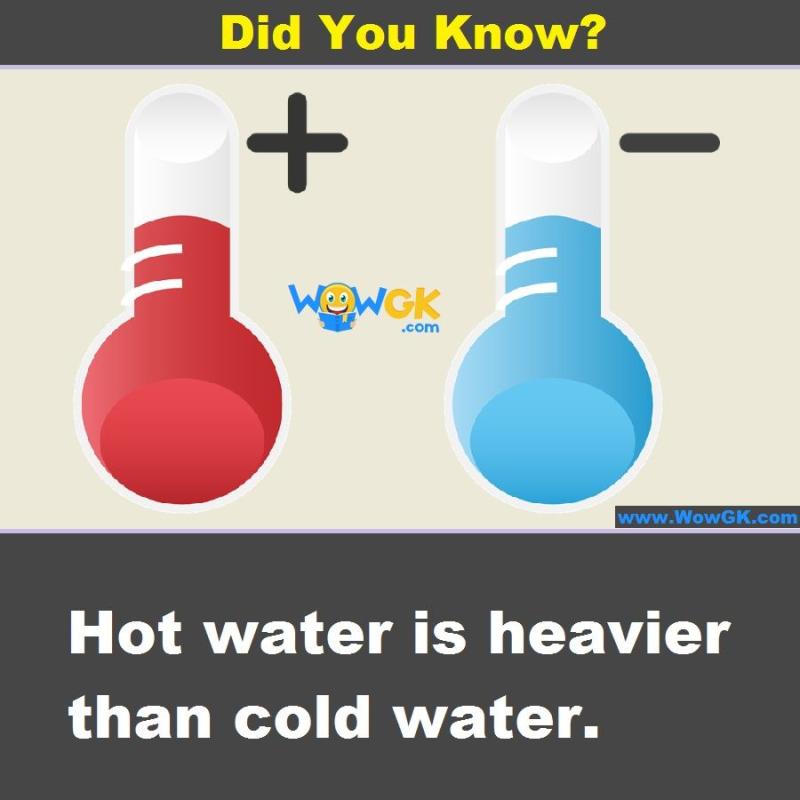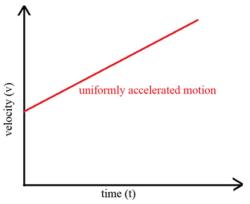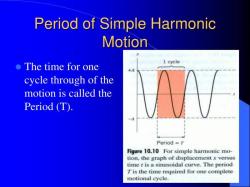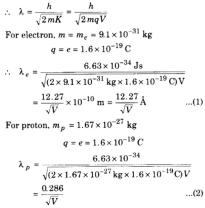Is hot water denser than room temperature water?
No, hot water is generally less dense than room temperature water. The density of water is affected by its temperature. As water is heated, its molecules gain energy and move more rapidly, causing them to spread apart. This results in a decrease in water density.
When water is at room temperature, its molecules are moving at a moderate speed, and the water is at its maximum density for normal atmospheric pressure. As you heat water, the increased kinetic energy of the molecules causes them to expand, and the water becomes less dense.
In practical terms, this means that if you have a given volume of water at room temperature and the same volume of water at a higher temperature, the hotter water will have fewer water molecules in that volume, making it less dense.
It's worth noting that there is a temperature at which water reaches its maximum density, which is approximately 4 degrees Celsius (39.2 degrees Fahrenheit). At this temperature, water molecules are arranged in a way that allows for the highest packing density. As water either cools below or heats above this temperature, its density decreases.
Is there a difference in density between hot water and water at room temperature?
Yes, there is a difference in density between hot water and water at room temperature. Hot water is less dense than water at room temperature. This is because as water is heated, the molecules move faster and spread farther apart. This means that there are fewer water molecules in a given volume of hot water than in the same volume of cold water. As a result, hot water is less dense than cold water.
You can see this effect for yourself by filling two glasses with water, one with hot water and one with cold water. If you carefully pour the hot water into the cold water, the hot water will float on top of the cold water. This is because the hot water is less dense than the cold water.
The density of water is highest at 4 degrees Celsius (39 degrees Fahrenheit). This is the temperature at which water molecules are packed most closely together. As the temperature of water increases above 4 degrees Celsius, the density of water decreases. This is because the water molecules are moving faster and spreading farther apart.
The density of water is also affected by the presence of dissolved solutes. For example, the density of saltwater is greater than the density of freshwater. This is because the salt molecules are dissolved in the water and are taking up space. As a result, there are fewer water molecules in a given volume of saltwater than in the same volume of freshwater. This is why saltwater is denser than freshwater.












